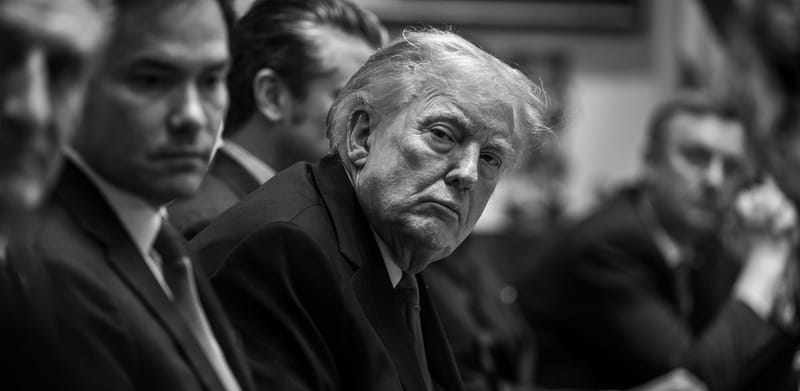France’s government falls after crushing no-confidence vote in parliament
France faces escalating political instability as PM François Bayrou loses a confidence vote, marking the first time in the Fifth Republic that a government has fallen after voluntarily seeking the Assembly’s approval.
What you need to know
🔹 The French government collapsed after parliament rejected Prime Minister Bayrou’s confidence request.
🔹 Bayrou became the first French premier ousted via Article 49.1 rejection.
🔹 His €44 billion austerity plan united opposition parties against his leadership.
🔹 France now faces political deadlock, economic strain, and mounting public unrest.
T he French government collapsed on Monday afternoon after the National Assembly overwhelmingly rejected the prime minister’s request for a vote of confidence under Article 49.1 of the French Constitution. Only 194 deputies supported him, while 364 voted against. François Bayrou, who had assumed office in December 2024, is set to submit his resignation to President Emmanuel Macron on Tuesday morning.
A historic first
Since the creation of the Fifth Republic in 1958, Article 49.1 has been invoked 41 times without ever leading to the downfall of a government. Prime ministers traditionally seek a confidence vote at the start of their tenure or on key policy matters. Until now, every attempt had succeeded. Bayrou is therefore the first premier to be rejected by parliament after explicitly asking for its confidence.
This makes his case distinct from the rare instances where governments were ousted by Article 49.2 no-confidence motions, as happened to Georges Pompidou in 1962 and Michel Barnier in 2024. Bayrou’s defeat combines both dimensions: a premier requesting trust and deputies refusing to grant it.
Why the government fell
Bayrou had tied his government’s survival to a contentious budget plan demanding €44 billion (£37.6 billion) in spending cuts and tax increases by 2026. He warned MPs that France’s “vital prognosis” was at risk due to rising debt, which stands at 114% of GDP. In a defiant speech, he stated: “You have the power to bring down the government, but not the power to erase reality.” Opposition parties across the political spectrum — left and right — united in their refusal to support him.
Macron under pressure
President Macron’s office said he had “taken note” of the result and would appoint a successor “in the coming days.” Far-left outspoken leader Jean-Luc Mélenchon celebrated the outcome as a “popular victory,” calling on Macron to resign.
Marine Tondelier, leader of the Green Party, argued that only a prime minister from the left-wing New Popular Front coalition could restore stability, and declared, “We are ready.”
Socialist Boris Vallaud echoed that sentiment, inviting Macron to turn to the left. Meanwhile, Marine Le Pen continues to demand new elections, accusing Macron of political overreach.
A fragile future
Analysts warn of gridlock. In the words of Ipsos researcher Mathieu Gallard: “Every party has red lines. No majority coalition can hold for long.” Social tensions are rising, with a grassroots Block Everything movement mobilising protests nationwide, while unions have called a general strike for 18 September. Markets are on edge, anticipating a debt-rating review by Fitch on Friday.
Bayrou’s ousting removes one obstacle, but leaves France grappling with a more profound, multi-front crisis of governance, economics, and public trust.

GOING FURTHER
French government collapses as MPs vote to oust prime minister | BBC NEWS
François Bayrou ousted as French PM after losing confidence vote | THE GUARDIAN







